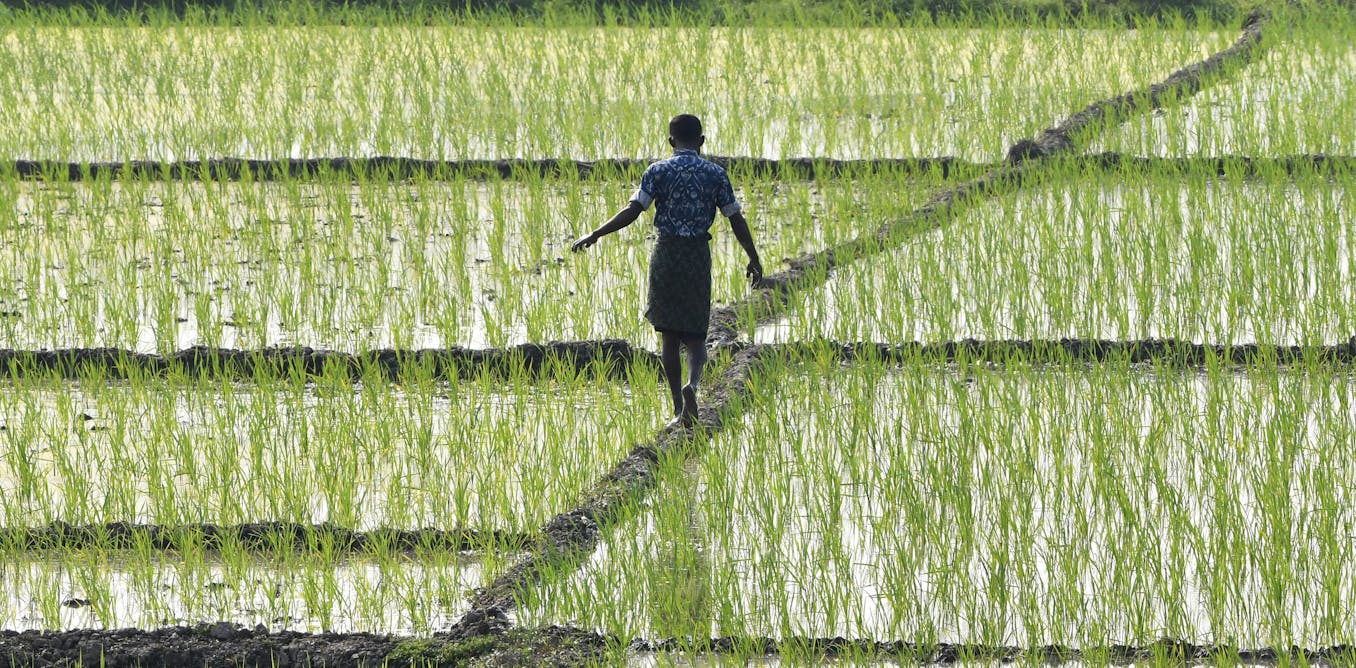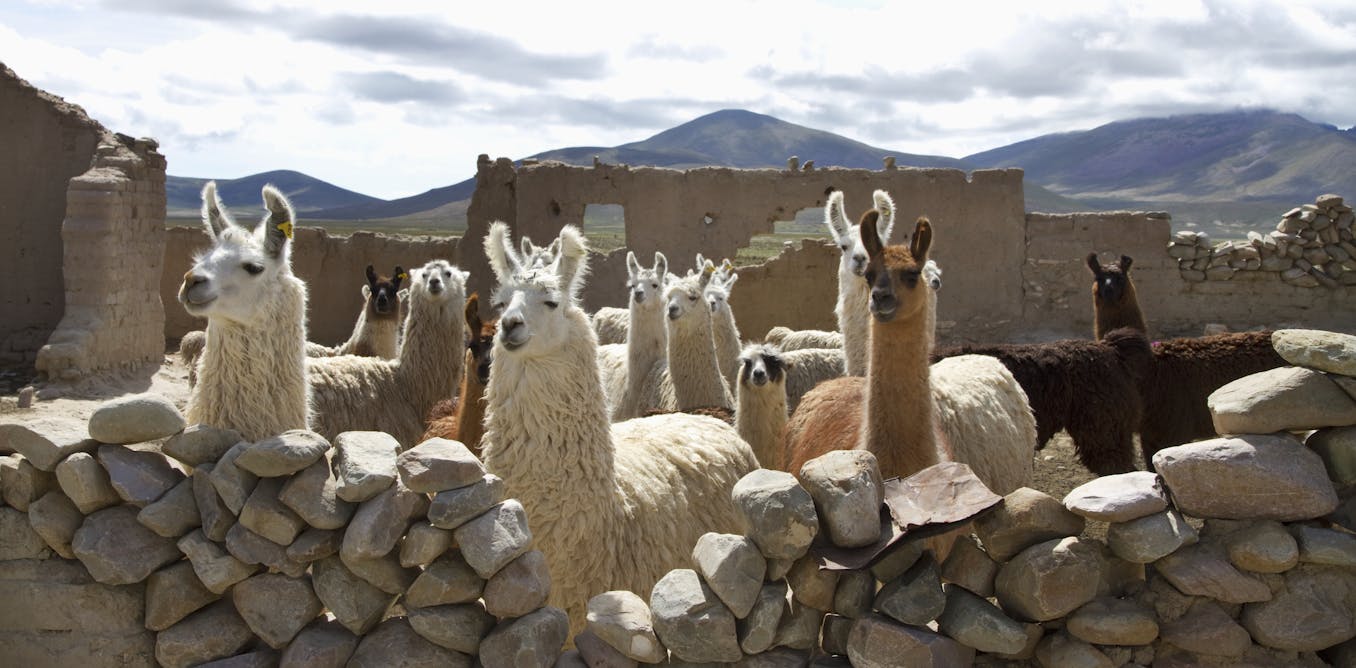Food production generates more than 1/3 of manmade greenhouse gas emissions – a new framework tells us how much comes from crops, countries and regions
A new study provides a detailed way to calculate the climate impact of food production, which could lead to more sustainable farming policies and methods.
Sept. 13, 2021 • ~8 min






